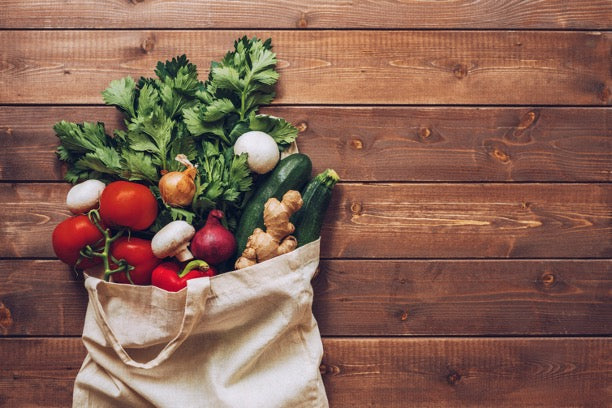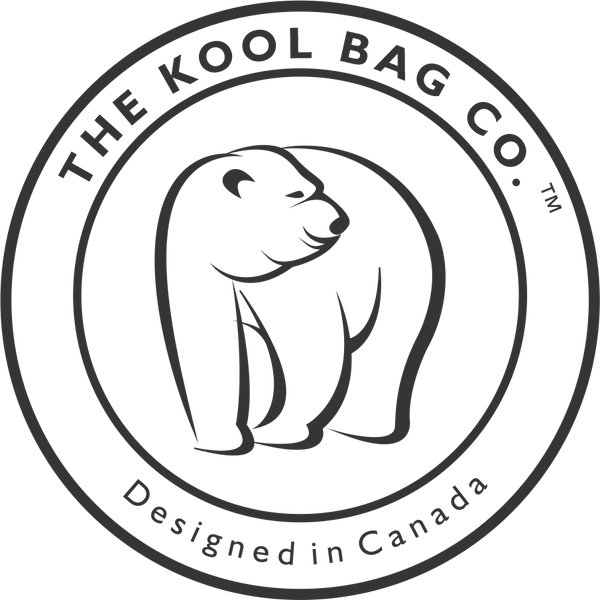
The Growing Shift: Eliminating Plastic Bags in Grocery Stores
Share
In recent years, the environmental impact of plastic bags has become a significant concern, leading to increased efforts to reduce their use, particularly in grocery stores. Ontario, like many other regions, has been proactive in implementing regulations and encouraging the use of sustainable alternatives.
The Environmental Impact of Plastic Bags
Plastic bags are notorious for their environmental harm. Here are some key facts:
- Longevity in the Environment: Plastic bags can take up to 1,000 years to decompose in landfills. During this time, they break down into microplastics, which can contaminate soil and water.
- Marine Pollution: It’s estimated that 8 million metric tons of plastic enter the oceans every year. Plastic bags are a significant contributor to this pollution, harming marine life through ingestion or entanglement.
- Resource-Intensive Production: The production of plastic bags consumes vast amounts of natural resources, including petroleum and natural gas, contributing to carbon emissions and environmental degradation.
Regulations in Ontario
Ontario has taken steps to reduce the use of plastic bags, aligning with broader efforts across Canada:
- Municipal Bans and Fees: While there is no province-wide ban on plastic bags, several municipalities in Ontario have implemented regulations. For example, Toronto introduced a mandatory five-cent fee on plastic bags in 2009. Although the mandatory fee was later repealed, many retailers continue to charge for plastic bags voluntarily.
- Federal Initiatives: Canada’s federal government has announced plans to ban harmful single-use plastics, including plastic bags, by the end of 2023. This initiative will support the transition to more sustainable practices across the country, including in Ontario.
Sustainable Alternatives for Shoppers
As the push to eliminate plastic bags intensifies, shoppers have a range of alternatives that are both eco-friendly and practical:
- Reusable Cloth Bags: These bags are durable and can be used repeatedly. They are often made from organic cotton or recycled materials, reducing their overall environmental footprint.
- Paper Bags: While not without environmental costs, paper bags decompose much faster than plastic bags and are made from renewable resources. Some grocery stores offer paper bags as an alternative, often sourced from sustainably managed forests.
- Biodegradable Bags: Made from materials like cornstarch, biodegradable bags are designed to break down more quickly than traditional plastic bags. However, it’s essential to note that these bags require specific conditions to decompose fully and may not always be as eco-friendly as they seem.
- Bring Your Own Containers: For bulk items, bringing your own containers can reduce the need for any type of bag. Some grocery stores have started offering bulk sections where customers can use their own containers for grains, nuts, and other dry goods.
- Use the Kool Bag Shopper (we just have to plug our own products!): it’ll keep your fresh and frozen product shopping cool from the store to your home fridge or freezer.
Conclusion
The elimination of plastic bags in grocery stores is a positive step toward reducing environmental harm. With regulations in place and a variety of sustainable alternatives available, shoppers in Ontario can make a significant impact by choosing eco-friendly options. The transition away from plastic bags may require some adjustment, but it’s a small change that can lead to substantial environmental benefits.
Story generated by Nick Davies with the help of ChatGPT.



